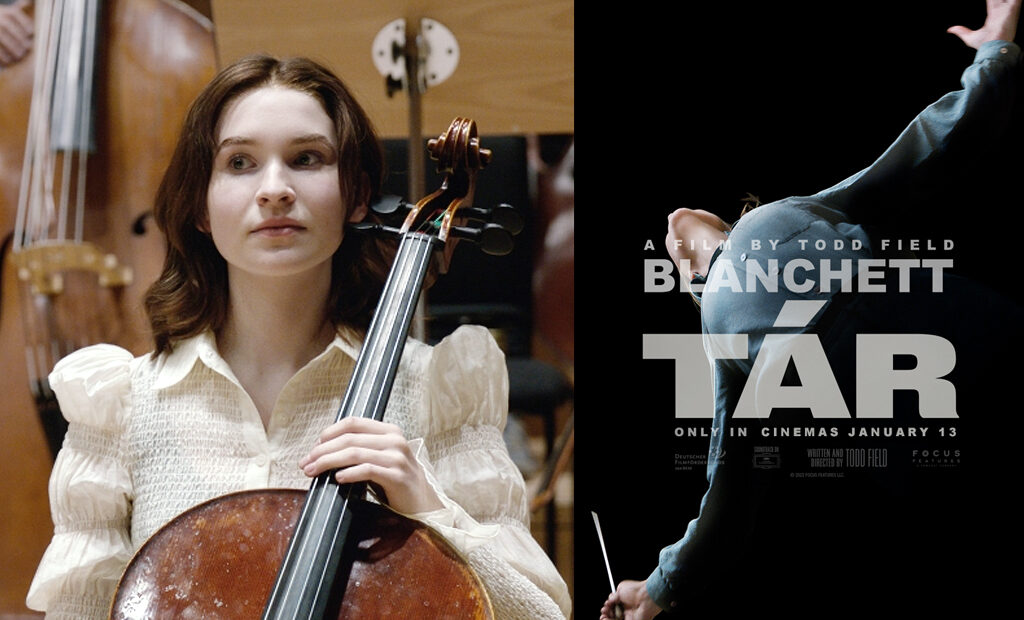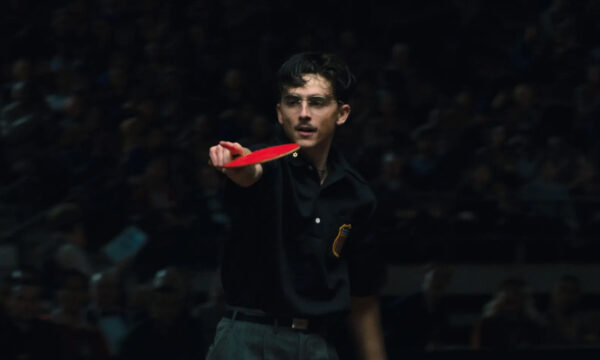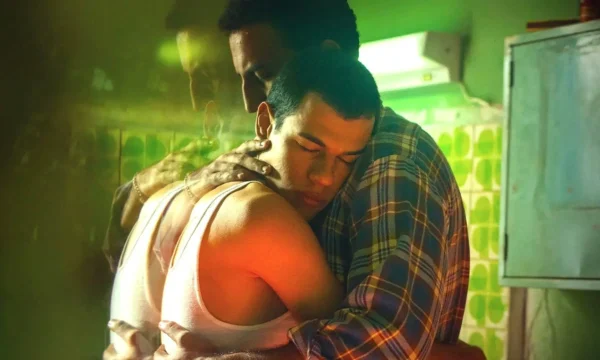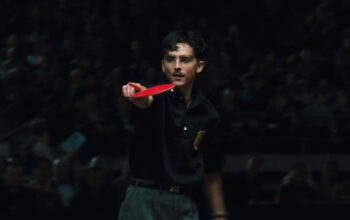“Change doesn’t come without discussion”: Sophie Kauer on Tár and sexism within the classical music sphere

Todd Field’s first directorial project in 16 years is the astounding psychodrama Tár, featuring the legendary Cate Blanchett in what no doubt will be lauded as her greatest performance to date, and the foremost of any actress this year. Indeed, with a Golden Globe newly under her belt, Oscar whispers are in the air. Blanchett plays the titular Lydia Tár, a fictional composer and conductor who is one of the best of her generation, the film’s opening scene providing an intimidatingly long list of her career achievements, made all the more impressive when framed in the less-than-progressive, white-male-dominated nature of the classical music world.
From the glittering high of a dream life seemingly fulfilled, all that follows is a spiralling, nightmarish descent, as the dark side of the cost of climbing to the top, and the impact on the ego and one’s identity and relationships of accumulating all that power, starts to bubble up as Tár prepares for a crucial live recording of Mahler’s fifth symphony with the Berlin Philharmonic. This is Blanchett at the pinnacle of her powers, the actress disappearing entirely into this alluring, singular figure, delivering an intensity of performance that is at once mesmerising and uncomfortable to watch, at alternating junctures supremely composed then deliciously deranged. Many scenes play out in real time, portraying the blood, sweat and tears that the process of artistic creation requires in painstaking detail, made all the more visceral by inspired sound design and cinematography that give the piece a surreal, evocative edge.
Also a highlight is the supporting cast, rounded out by a female-led quorum of characters, turning on its head the usual male-heavy depictions of predatory sexual behaviour and abuse of power, and thus shedding fresh light. Nina Hoss is the maestro’s put-upon lesbian partner, Noémie Merlant her even more put-upon assistant, and, in a standout first performance, British-German cellist Sophie Kauer is the musician’s new pet performer and protégée, prodigal Russian cellist Olga Metkina.
Still in the process of finishing her studies, with her aspirations set on a career with her instrument, Kauer was discovered by Field through a casting call, when he was taken aback by her abilities – just as Tár is by her character’s on hearing her rendition of Elgar’s Cello Concerto. Bar a performance on a school stage many moons ago, this was her first stint acting at all, let alone in front of the camera; armed with acting masterclass YouTube videos courtesy of Michael Caine, it was a learn-on-the-job gig, with Blanchett as her mentor and co-star – no easy task, not least as Olga herself is an enigmatic figure, the audience kept guessing whether her actions are calculating and manipulative, or merely ambitious yet naive. Kauer’s skills were also put to the test by Field who insisted on shooting her performances live for the film and soundtrack to capture a level of raw authenticity, alongside Blanchett performing the conducting herself, with no body double edited in afterwards.
The Upcoming had the privilege of speaking with the breakout star ahead of the film landing in UK cinemas. Kauer shared how it felt to launch an acting career opposite an A-List star, getting under the skin of her mysterious and elusive character, and ensuring authenticity in depicting the process that goes into an orchestral piece. We also discussed how the film brings to the fore issues of predatory sexual behaviour, cancel culture and sexism within the classical music sphere, but from the non-stereotypical female perspective.
Sarah Bradbury
Tár is released nationwide on 13th January 2023. Read our review here.
Watch the trailer for Tár here:

























Facebook
Twitter
Instagram
YouTube
RSS